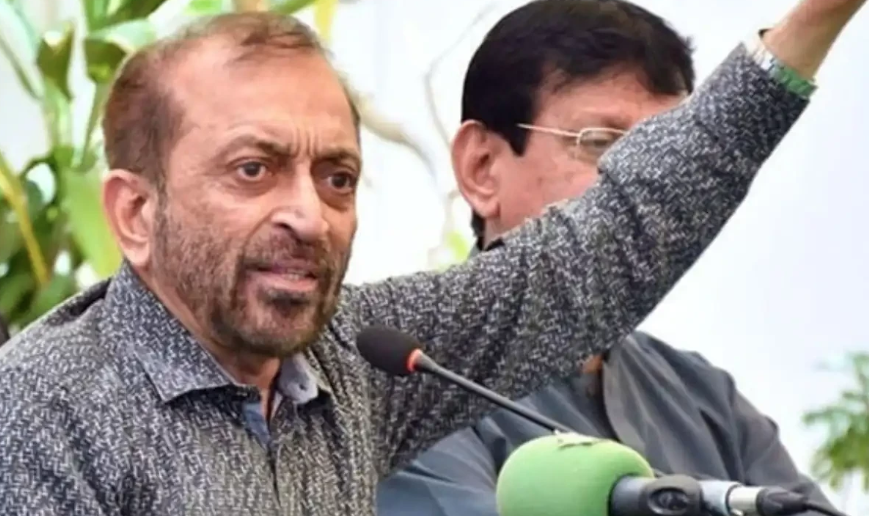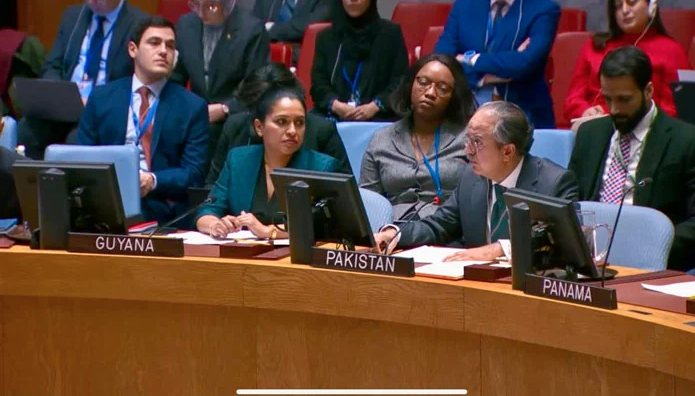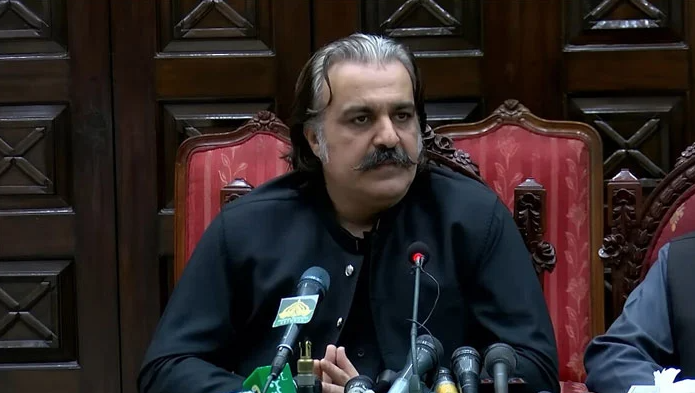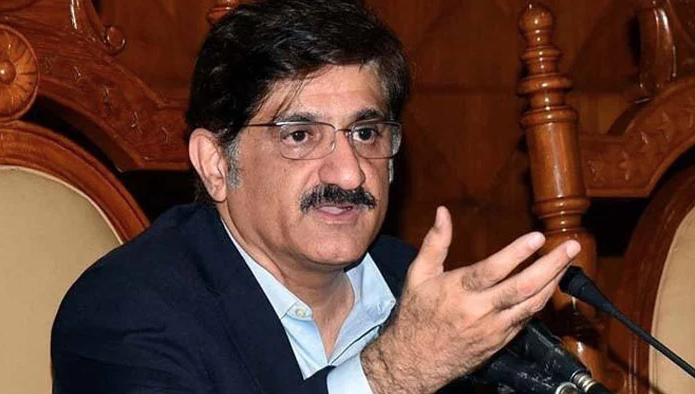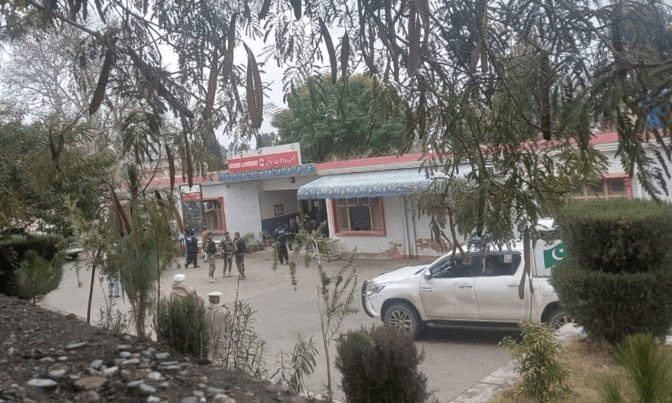POLITICS & POLICY MAKING
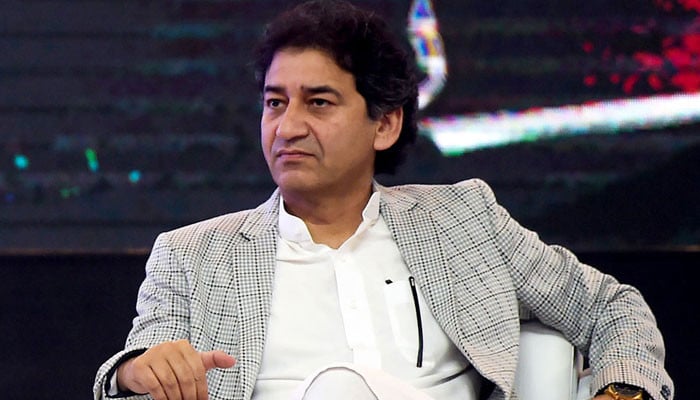
Pakistan Tehreek-e-Insaf (PTI) leader Atif Khan, currently residing in the United States, has raised eyebrows by hinting at potential American interference in Pakistan's domestic affairs. In a social media interaction with American author Michael Kugelman, Khan suggested that the United States has historically leveraged its influence in Pakistan to serve its own interests and should now redirect its efforts toward the betterment of the Pakistani people.
Social Media Exchange
Kugelman had questioned whether the release of PTI founder Imran Khan could result from U.S. intervention. In response, Atif Khan dismissed the immediate need to know Imran Khan’s views on the matter and instead emphasized America’s ongoing influence in Pakistan.
“America has been using its influence in Pakistan to achieve its goals,” Atif Khan stated, adding, “Why not use it for the betterment of the Pakistani people?”
Advocacy for Pakistani Expats
Atif Khan highlighted the importance of Pakistani expatriates, urging the United States to view them as allies rather than opponents. He expressed confidence that collaboration with Pakistani immigrants could pave the way for significant progress in Pakistan.
“Pakistani immigrants should be considered allies. With their help, many steps can be taken for the betterment of Pakistan. Pakistan can be made strong,” he remarked.
Khan concluded by calling for the restoration of Pakistanis’ mandate and respect for their constitutional rights.
Context and Implications
Atif Khan's comments come amid ongoing political turmoil in Pakistan and growing speculation about external influences on the country’s internal affairs. The PTI leader’s remarks could ignite further debate about the role of foreign powers in shaping Pakistan’s political landscape and the involvement of expatriate communities in national affairs.
While PTI leaders have previously accused the U.S. of interference, Atif Khan’s comments mark a nuanced call for using influence in a constructive manner to support democracy and constitutional governance in Pakistan.
